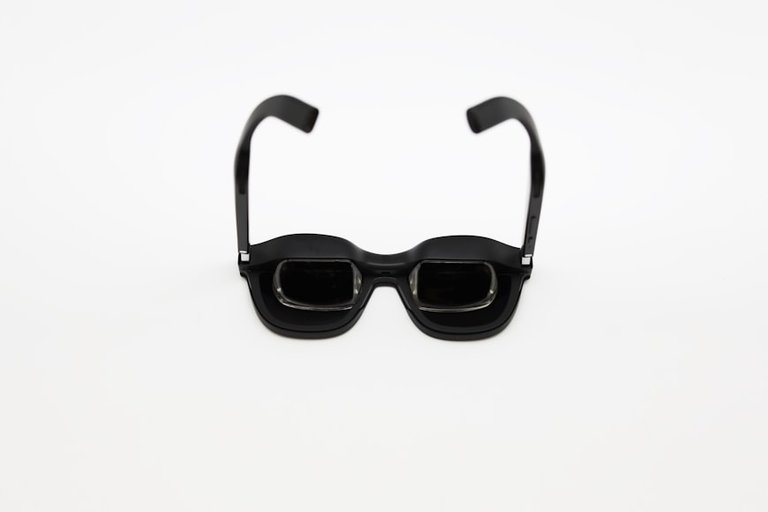The Hype Behind Meta's AR Glasses.
With the forthcoming Meta Orion AR glasses, the company is certainly making waves, but I just can't believe that this tech is ready for prime time. Sure, the demo looks flashy and all that, but we've been there, done that, with super-hyped AR/VR products that don't quite live up to their promise.

They represent a pair of glasses that is essentially a prototype costing $10,000, miles away from consumer readiness.
The fact that Meta axed plans to actually release them says it all. They remain much too big, expensive, and limited to be practical for everyday use.
I've got to give it to Zuckerberg, though, the man knows how to build hype. AR glasses, the "holy grail" that's going to replace smartphones?
Come on.
We're still years away from anything realistic that can actually compete with the convenience and capabilities of our phones.
It just feels so clunky and overengineered with that neural wristband and compute puck. Who's going to wear all this hardware just to check a message or play some AR game?
Plus it just has a 2-hour battery life. Try making it through your workday with that.
That said, some of the features do sound kind of cool. It does have a very wide field of view for its form factor and seems pretty crisp. Having gesture controls from the wristband does sound intuitive if pulled off well. Anchoring virtual objects in space and being able to come back to them later is neat, too.
But this is still some very early, super-experimental technology.
It definitely feels like Meta is trying to stake its claim in the AR space before Apple inevitably swoops in with something way more polished. In fact, it feels more like a "look at what we can do!" flex rather than something practical at this juncture.
I don't really subscribe to this big vision that such AR glasses would soon replace smartphones.
People are attached to their phones, and it's really hard to see how such chunky glasses, let alone their mediocre battery life, could beat them in the near future. Alsovall the privacy concerns related to cameras ever-presently recording everything we see.
It's interesting to pivot to focusing on AI capabilities, but again, our phones do that pretty well. Do we really need to wear glasses to tell an AI to identify ingredients or to create recipes? Some of these use cases seem very niche, even a bit gimmicky to me.
I really do think that AR glasses can find their place in the long run, but it's just that Meta is getting ahead of itself here.
They're still trying to make VR headsets mainstream. Jumping straight to AR glasses when the technology is so clearly not ready is, well, a bit premature.
My advice to Meta, if it asked me, would be to focus on nailing the basics: actually slim down the form factor, dramatically improve the battery life, and actually figure out some genuinely compelling uses beyond mere novelty.
Oh, and maybe get the price down from $10,000 while you're at it.
Congratulations @bitblaze! You have completed the following achievement on the Hive blockchain And have been rewarded with New badge(s)
Your next target is to reach 60 posts.
You can view your badges on your board and compare yourself to others in the Ranking
If you no longer want to receive notifications, reply to this comment with the word
STOP